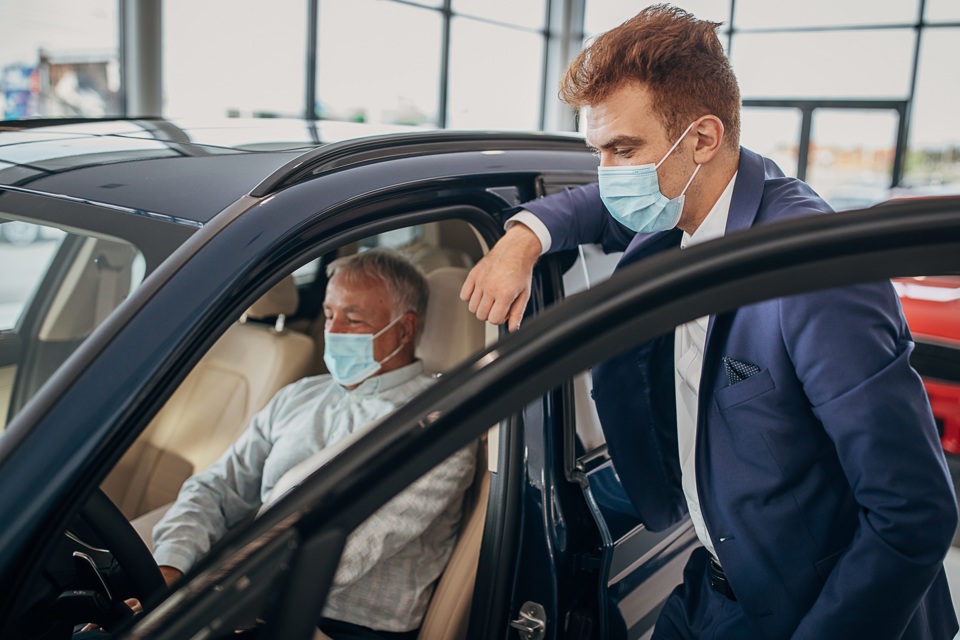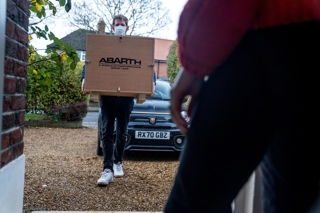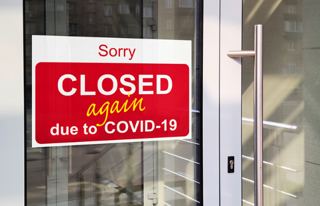A Motor Ombudsman survey of 1,873 motorists has found that 62% would want to visit a car showroom in person before buying a new car.
In January, car retailers' digitally-driven sales operations managed to help the UK retain over 60% of its new car registration volumes despite the current round of COVID-19 enforced showroom closures.
But the YouGov survey, commissioned by the Motor Ombudsman, may indicate that a tide of pent-up demand will reach dealerships when ‘Lockdown 3’ ends – allowing customers back through the dealership doors.
 Bill Fennell, the chief ombudsman and managing director of The Motor Ombudsman, said: “Our research has shown that, despite online shopping becoming an even more talked-about phenomenon during the pandemic, visiting a showroom in person, and seeing and trying the vehicle for themselves, is the overriding preference for the majority of drivers if they were to buy a new or used car this year.”
Bill Fennell, the chief ombudsman and managing director of The Motor Ombudsman, said: “Our research has shown that, despite online shopping becoming an even more talked-about phenomenon during the pandemic, visiting a showroom in person, and seeing and trying the vehicle for themselves, is the overriding preference for the majority of drivers if they were to buy a new or used car this year.”
Almost two-thirds of respondents said that would opt to visit a showroom in person, rather than turn to the internet for a completely virtual experience.
Many said they were less inclined to buy a car from start to finish using the web due to a test drive requirement (85%), a reliance on third party photos, reports and documentation to determine the condition of a car (73%), having to do more research to ensure that it was being supplied from a legitimate source (45%), and concerns about not having the opportunity to enter into negotiations regarding the price of the vehicle (41%).
A consumer survey carried out by Parkers on behalf of AM this month showed that – despite the offer of click and deliver car retail during COVID-19 ‘Lockdown 3’ – 64% of car buyers will not proceed with a car purchase without a test drive.
The Parkers survey also backed suggestions made by the Society of Motor Manufacturers and Traders (SMMT) and National Franchised Dealers Association (NFDA) that car showrooms are COVID-safe retail environments
Only 15% of the Parkers audience agreed with the statement “I would not feel safe inside a dealership at the moment”.
Female respondents to the Motor Ombudsman survey, in particular, indicated that they would be happier returning to showrooms to buy a car in-person.
In all, 67% of women said that they were slightly less keen (67%) to resort to an online transaction compared to their male counterparts (58%), with over 55s (73%), and those living in the south of England (67%) the least likely to turn to a computer or handheld device when it came to acquiring a car in 2021.
Of the 33% of Motor Ombudsman survey respondents who said that they would be comfortable with ordering and paying for a car at the click of a button, the majority (67%) said that buying “at a distance” gave them the ability to shop around and compare prices more easily.
They also appreciated the freedom of not being restricted to retailer opening hours or temporary closures (61%), whilst 60% said that there may be more choice compared to what can simply be seen on the forecourt.
Respondents aged 18 to 24 indicated that they would be the most likely to entertain the idea of going online to buy a car, with nearly half (45%) saying that they would consider doing this.
In addition, when asked what age of car individuals would purchase if they were to buy a vehicle on the web during 2021, just under a fifth (18%) would look for one that was between two and three years old, the survey found, with people least likely to get a car that was between four and five years of age (8%).
Fennell said: “A completely digital purchase process from beginning to end is clearly proving to be too big a step for most, but what our research has highlighted, is that there is demand in the vehicle sales sector from motorists for a more physical and tangible experience, as well as for one that is purely virtual from start to finish.
“This means that there’s no one-size-fits-all approach if the needs of consumers are to be successfully catered for by retailers when selling cars in 2021 and beyond.”


















Login to comment
Comments
No comments have been made yet.